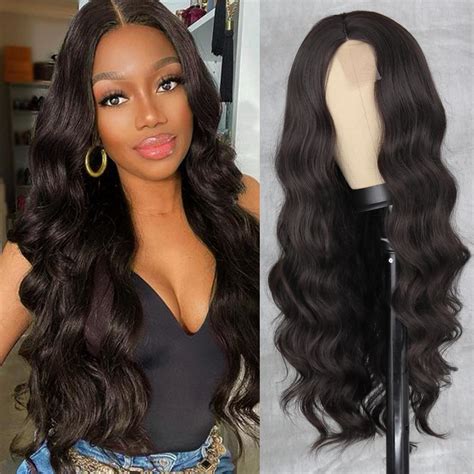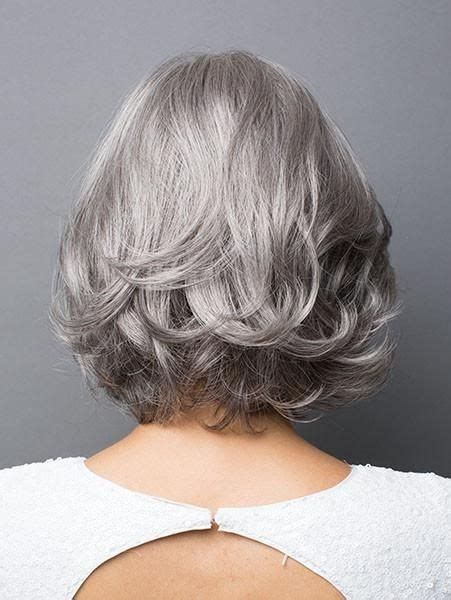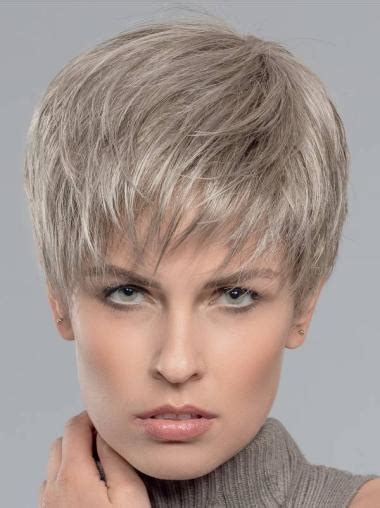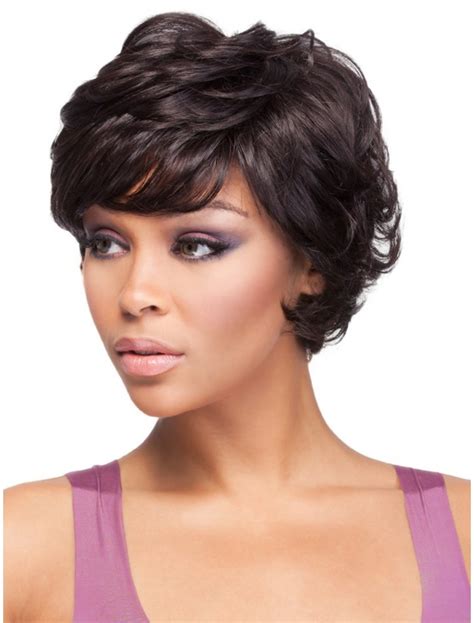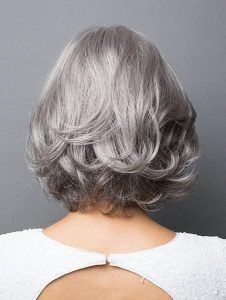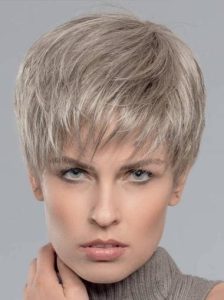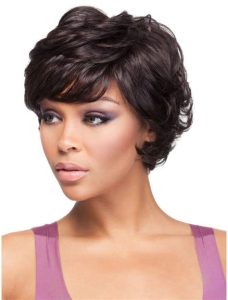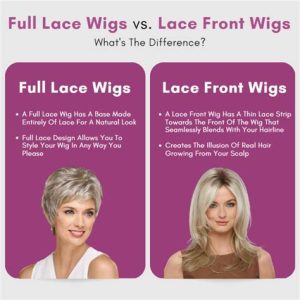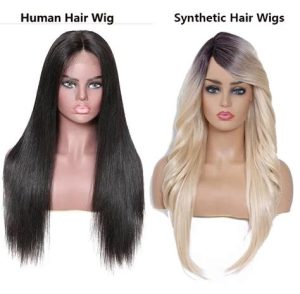Synthetic Lace Wigs Without Bangs vs Straight Wigs: A Detailed Guide to 2025
Introduction
In the ever-evolving world of hairpieces, the demand for synthetic lace wigs has skyrocketed, particularly for those without bangs and featuring shoulder-length lace fronts. These wigs offer a convenient and cost-effective solution for individuals seeking versatile and stylish hair transformations.

Understanding Synthetic Lace Wigs Without Bangs
Material:
Synthetic hair fibers are expertly crafted to mimic the texture and appearance of natural hair, providing a realistic and seamless look.
Construction:
A lace front cap creates the illusion of a natural hairline, allowing for styling versatility and a secure fit. The shoulder-length design offers a chic and sophisticated silhouette.
Ease of Maintenance:
Unlike human hair wigs, synthetic wigs require minimal maintenance. They can be washed and styled using regular hair care products without the need for expensive salon treatments.
Benefits of Straight Wigs vs Wigs with Bangs
Versatility:
Straight wigs without bangs offer greater styling options compared to wigs with bangs. They can be styled effortlessly into a variety of hairstyles, from sleek ponytails to elegant buns.
Professional Appearance:
Straight wigs without bangs exude a professional and polished look, making them ideal for work or formal occasions. They provide a subtle and understated touch of elegance.
Comfort:
Without bangs covering the forehead, straight wigs offer increased breathability and comfort, especially during hot weather or extended wear.
Choosing the Right Synthetic Lace Wig
Length:
Shoulder-length wigs flatter most face shapes and provide a versatile length for styling without overwhelming the features.
Density:
Wig density refers to the amount of hair per square inch. For a natural look, aim for a density of 130-150%.
Color:
Select a wig color that complements your skin tone and desired look. Consider experimenting with highlights or ombre styles for added dimension.
Step-by-Step Guide to Wearing a Synthetic Lace Wig
Prepare the Hair:
Braid or cornrow natural hair tightly to create a smooth base for the wig.
Apply Wig Cap:
Wear a wig cap to protect natural hair and provide a secure foundation for the wig.
Secure the Wig:
Align the wig on the head and fasten the adjustable straps to achieve the desired fit.
Style the Wig:
Use a wide-toothed comb or brush to gently detangle the wig. Style as desired using heat-resistant styling tools, if permitted by the manufacturer’s instructions.
Maintenance Tips for Synthetic Wigs
Washing:
Wash the wig every 6-8 wears using lukewarm water and a mild shampoo. Avoid using harsh chemicals or conditioner.
Drying:
Air-dry the wig upside down on a wig stand or hair dryer on a low heat setting to prevent tangling.
Styling:
Use heat-resistant styling tools on a low heat setting and avoid over-styling to preserve the fibers.
Future Trends in Synthetic Lace Wigs
The popularity of synthetic lace wigs is expected to continue growing in the years to come, driven by advancements in fiber technology and styling innovations.
Increased Realism:
Manufacturers are investing in developing even more realistic synthetic fibers that mimic natural hair textures and colors.
Hybrid Wigs:
Hybrid wigs combine both synthetic and human hair fibers, offering the best of both worlds in terms of quality, durability, and affordability.
Conclusion
Synthetic lace wigs without bangs and shoulder-length lace fronts offer a versatile and convenient solution for those seeking to elevate their hairstyles. By understanding the benefits, construction, and maintenance tips, individuals can confidently embrace these wigs for a stylish and effortless hair transformation. As technology advances, the future of synthetic lace wigs promises even greater realism, innovation, and possibilities.
